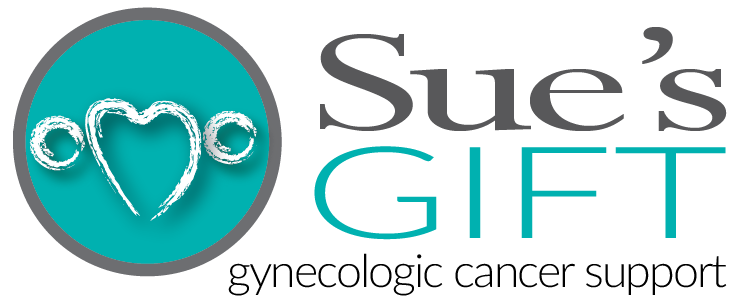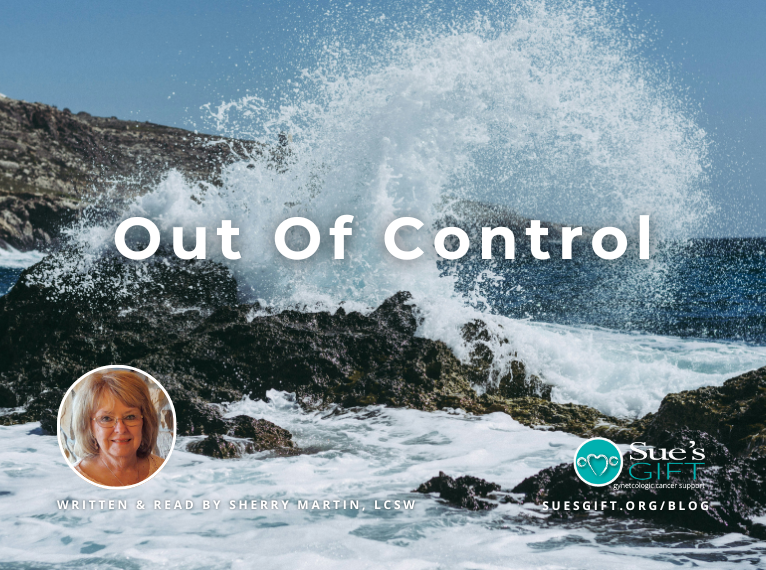Out Of Control
“When you stop worrying about what you cannot control, you have time to change the things you can control, and that changes everything.”
Image Credit @janoschlino
I spent years becoming a good worrier. I could get a medal for Outstanding Worrier of the Year. Usually, I would feel great about doing something well. But being one of the best worriers around left me feeling depleted, unsettled, and anxious. Now I’ve spent many more years learning how not to be a good worrier. It’s a work in progress.
Mark Twain said, “I’ve had a lot of worries in life, most of which never happened.” Boy, how I identify with that statement. The practice is called “catastrophizing,” and I’m so good at it. I’ve had lots and lots of practice. But worrying does not get you where you need to go, meaning it’s unproductive. It’s like being stuck on a muddy country road, spinning your wheels, digging a deeper hole, not going anywhere.
We can learn to unlearn behaviors, especially ones that don’t serve us well. Changing habits that have been fine-tuned over many years is not an easy task and doesn’t just happen by saying, “I’m not going to worry about that.” For me, changing habits requires a plan. It requires taking control and acknowledging what can be controlled and what can’t.
Can I control or change the reality of a cancer diagnosis? No. Can I control or change the fact of the pandemic? No. Can I control the weather? No. Can I control what someone thinks of me or someone else’s actions? No.
In days past, when I didn’t manage catastrophic thinking (always expecting the worst), I felt anxious and out of control. Changing catastrophic thinking is about taking control when you can – being realistic, deliberate, and intentional, changing one’s self-talk – and yes, having a plan: Talking to another cancer survivor or two to learn how they managed and not expecting a death sentence; knowing which activities are less risky during a pandemic and not expecting to end up on a ventilator; listening to travel advisories to know when it’s safe to travel and not expecting to have a multi-car pileup; being hopeful and realistic, yet prepared for many possibilities.
The old proverb that says, “Hope for the best, prepare for the worst,” doesn’t mean expect the worst. It means having Plan B if things don’t go as planned. Life will likely feel out of control at one time or another. But I can exercise control – not over everything that happens – but over my thoughts, actions, interactions, and sometimes, my circumstances. I can prepare for the worst but always hope for the best.
Click the ▶ play button below to listen to this blog post, read aloud by the author Sherry Martin, LCSW, Patient Services Director at Sue’s Gift.
Download the PDF companion worksheet or request a digital worksheet to complete on your computer. This worksheet helps you identify key aspects of catastrophic thinking, become aware of the consequences of catastrophic thinking, and provides strategies you can use to reduce its harmful impact.
Leave feedback for the author here. (Comments are not posted online.)


